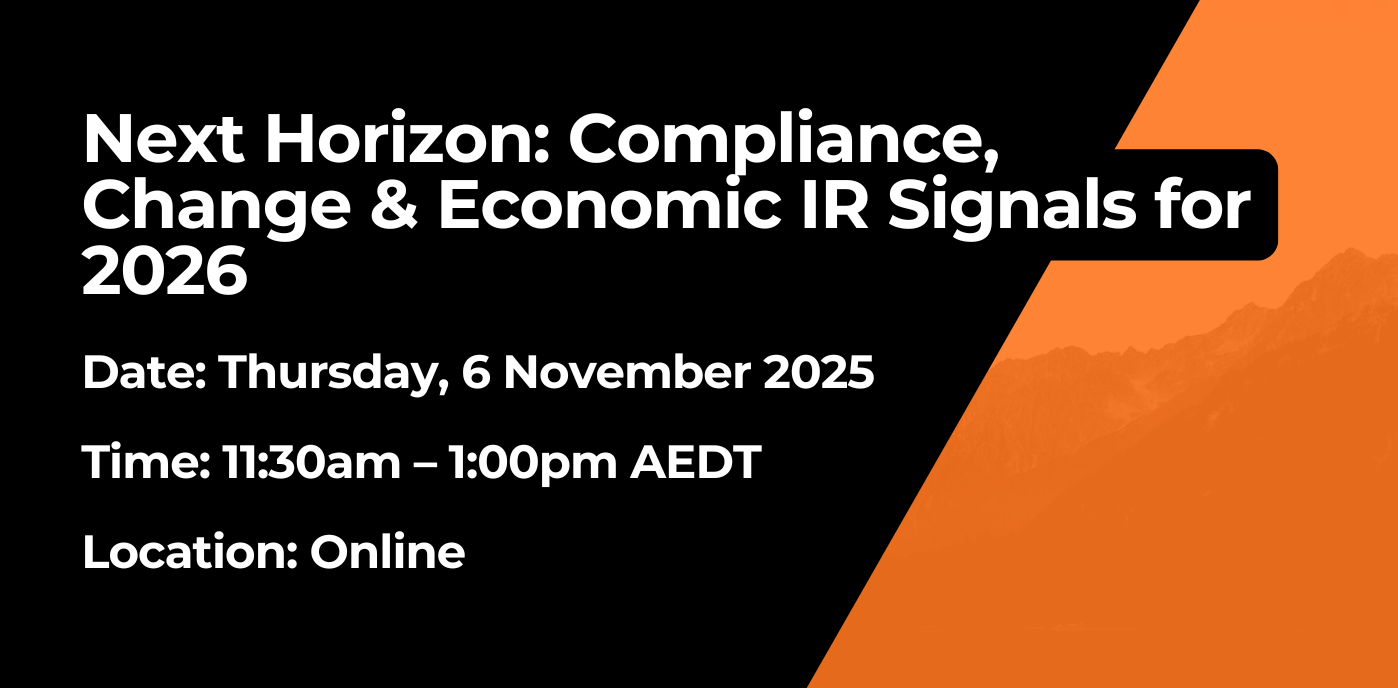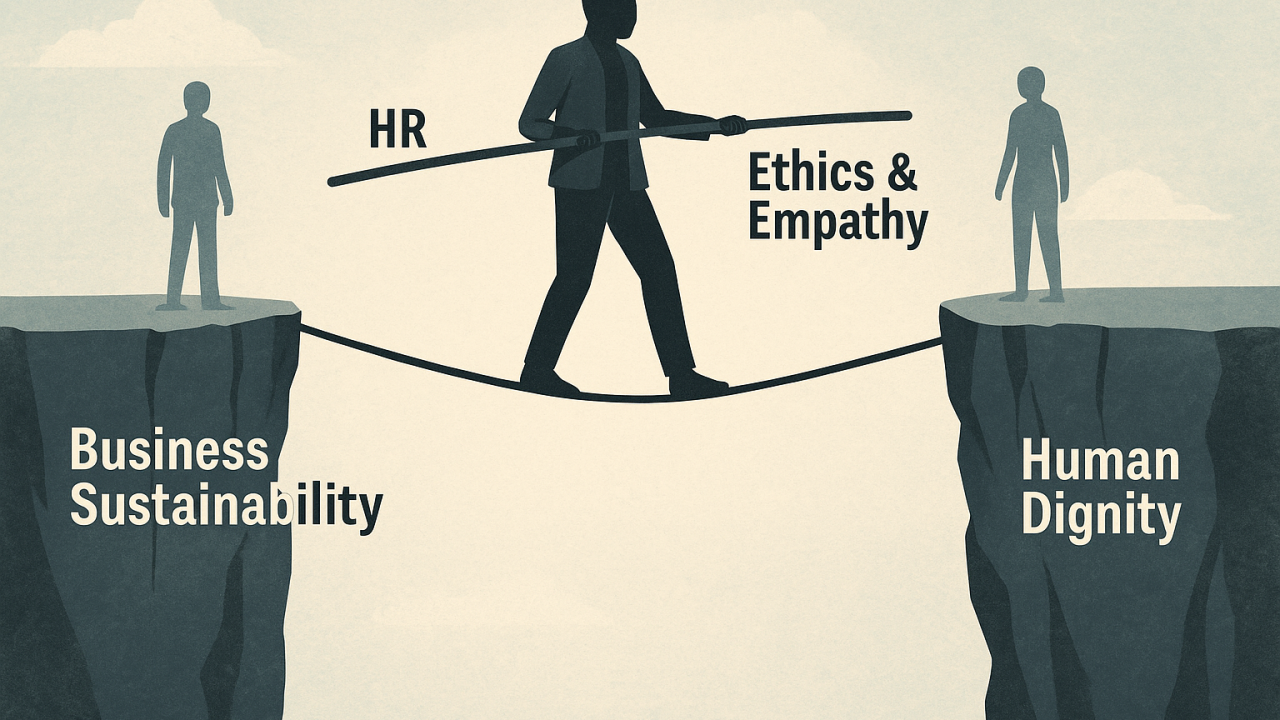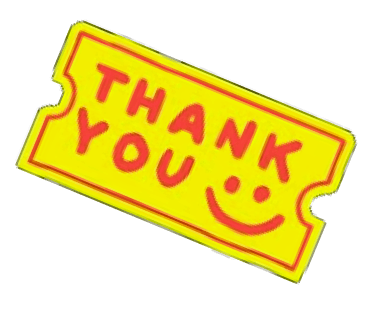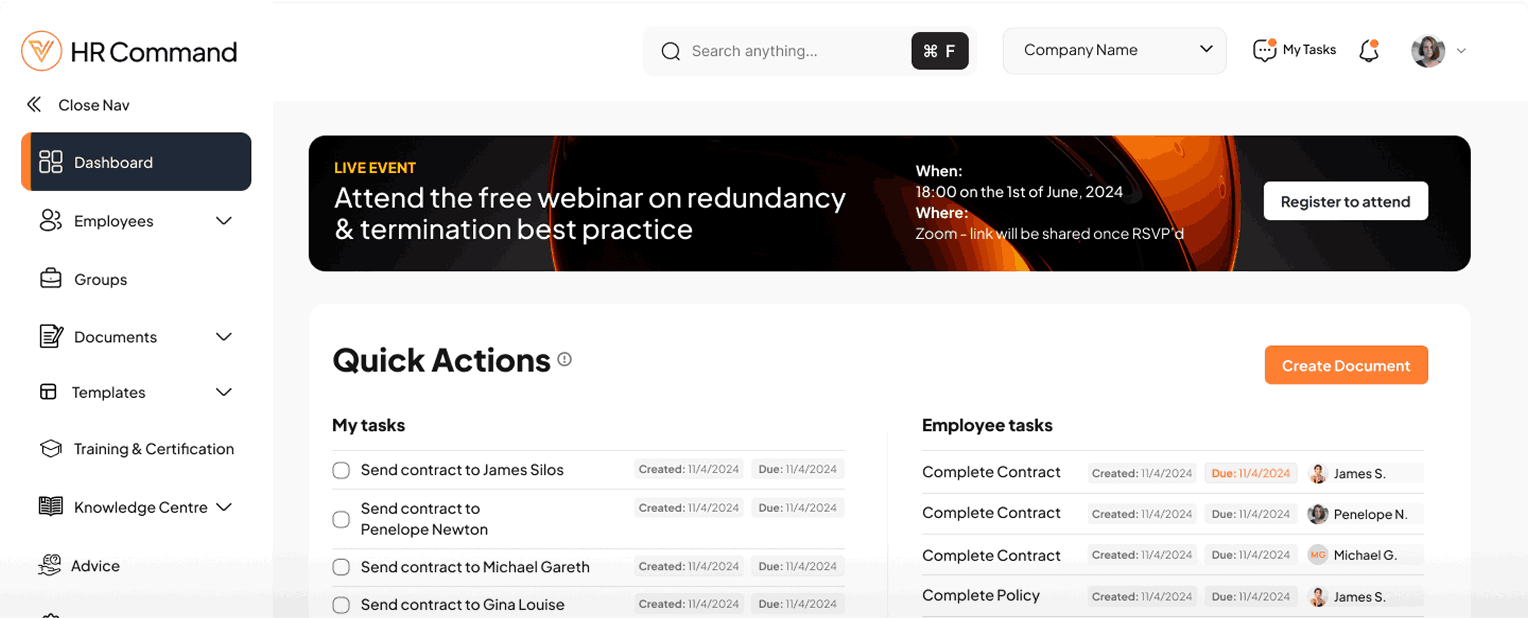If every HR professional in the world vanished tomorrow, the silence wouldn’t last long. Within days, businesses would grind to a halt. Employee onboarding would stall, payroll compliance would trip over itself, grievances would fester, contracts would sit unsigned, and the Fair Work Commission would have a queue out the door. Yet the perception of HR is often so dismissive, you’d think the profession exists solely to frustrate both sides of the workplace.
Just look at the reaction to a recent piece questioning whether HR still needs humans in the age of AI in HR. Readers piled on, calling HR “incompetent”, “two-faced” and even “human remains”. It’s become sport to ridicule HR in the same breath as IT or compliance, the functions that deliver rules nobody likes but everybody needs.
The accusation most often thrown at HR is that it pretends to be on the side of employees while secretly protecting management. But that oversimplifies a far more complex reality: HR’s job is to stand in the middle of two competing interests and find a path that is lawful, fair, and compliant. To an employee being disciplined, HR feels like management’s enforcer. To a CEO being told their latest cost-cutting idea breaches workplace laws, HR looks like a roadblock. When you’re attacked from both sides, it usually means you’re doing something important.
It wasn’t always this way. A century ago, HR’s predecessors focused mainly on keeping workers healthy enough to survive industrial labour. Fast forward to today and modern HR management is expected to champion employee wellbeing, diversity and inclusion, employee engagement, flexible work, pay equity, compliance, safety, risk, technology adoption and, when the business demands it, redundancies. One week HR is rolling out a wellbeing app, the next week they’re managing a restructure. That isn’t hypocrisy; it’s the unavoidable tension of a profession that deals with real people in real organisations.
Of course, HR still has work to do in building stronger evidence for its strategies. CEOs want hard numbers that wellbeing programs, hybrid work, or DEI initiatives boost the bottom line. That evidence gap is being debated within the profession itself, and healthy scepticism is necessary. But dismissing HR outright because some metrics are contested ignores the bigger picture: without HR, many of these conversations about how to make work better would never happen in the first place.
The rise of HR technology and AI in the workplace makes this even more critical. Yes, algorithms can screen résumés, monitor productivity or generate templated policies. But when it comes to handling employee relations, guiding organisational culture, or making a call on a redundancy that balances empathy with business necessity, no robot can match human judgment.
HR is not perfect. No profession is. But it is indispensable. It is also, right now, uniquely vulnerable, caught in the crossfire of employee expectations, executive scrutiny, and the glare of public opinion. That’s precisely why the profession deserves more recognition, not less.
Because when the dust settles, the truth is simple: HR is the function that keeps workplaces human and keeps the lights on.











